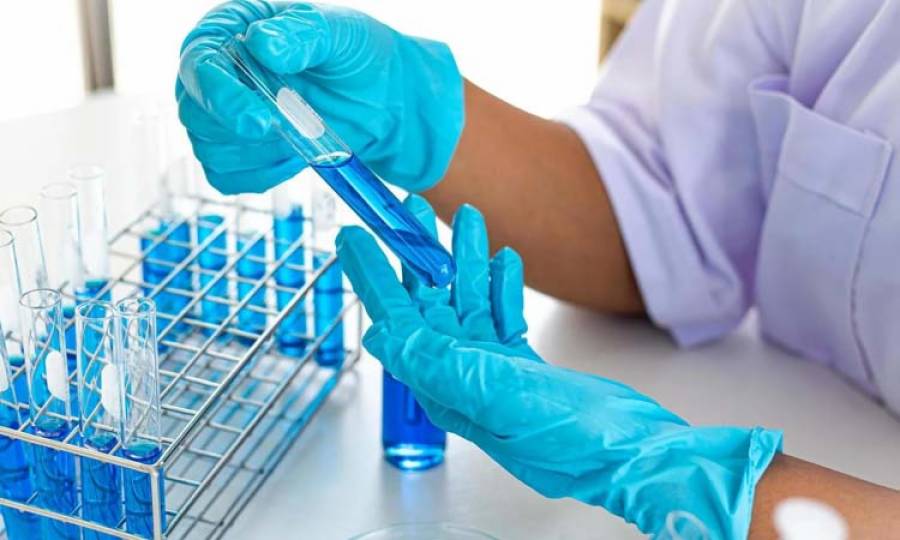Judges pay orientation visit to DNA Laboratory at ICCBS-UOK

KARACHI: An orientation visit and a forensic training session for 32 judges was recently organized by the Sindh Forensic DNA and Serology Laboratory (SFDL) at the International Centre for Chemical and Biological Sciences (ICCBS), University of Karachi.
This event and the training session on ‘Use of Forensics during Investigation and Prosecution of Terrorism Cases’ were arranged at the request of the Sindh Judicial Academy.
Dr Ishtiaq Ahmad Khan, Project Director, SFDL, welcomed the participants on behalf of Prof. Dr Iqbal Choudhary, Director, International Centre for Chemical and Biological Sciences, University of Karachi, and Coordinator-General, the Organisation of Islamic Cooperation’s Standing Committee on Scientific and Technological Cooperation (COMSTECH).
Dr Ahmad briefed the audience about the world-class forensic DNA facility established at the ICCBS with the financial support of the Sindh Health Department. “Since its establishment, SFDL is continuously providing high-quality forensic DNA reports to assist the criminal and civil legal system in Sindh.” he said.
“The laboratory’s reports have filled an existing critical gap and ensured timely disposition of justice, especially in cases of child abuse, which are being reported in alarmingly high numbers. The laboratory is closely working with police, prosecution, medico-legal and law departments to train concerned officials for sample collection and report interpretation.” he added.
“This important session will help judges of trial courts better understand various aspects of forensic DNA analysis, which will help them utilize reports with their technical merits.” He concluded.
Dr Tahir Ashraf, Director General, Punjab Forensic Science Agency, also delivered a presentation regarding forensic sciences on occasion.
The higher officials, in the session, attended the forensic experts’ lectures on collection, packaging, and transportation of biological evidence for forensic DNA analysis from the crime scene. These participants learned the best practices of crime scene management for physical evidence collection.
Trending
Popular
UCFS clinical trial to test efficacy of CAR-T gene therapy against ...
-
Sindh pledges vigorous action to ...
04:26 PM, 9 Apr, 2024 -
PMA stresses health equity on World ...
04:08 PM, 9 Apr, 2024 -
Dow University’s new rabies vaccine ...
12:18 PM, 28 Mar, 2024 -
IRD role lauded in advancing ...
02:53 PM, 12 Mar, 2024




